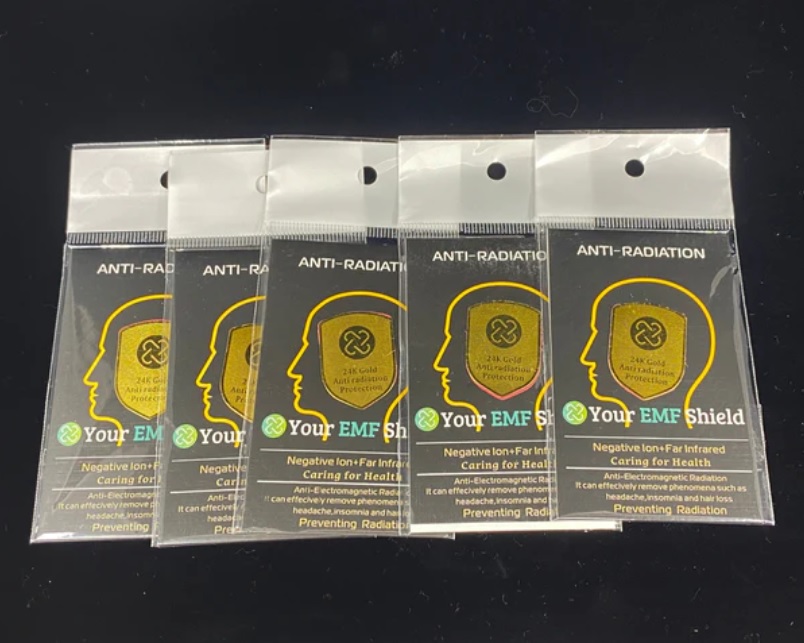Behold the beautiful and beloved one-handed backhand, but do it quickly, because time is running short for tennis’s lustiest shot.
Yes, the shot that made Roger Federer famous, the signature stroke of Rod Laver, a favorite of John McEnroe, and Pete Sampras and Martina Navratilova is fast going the way of the wooden rackets of the early 1980s, a relic that generates joy and nostalgia when a tennis aesthete lays eyes upon it, but one whose days may be numbered.
Even those who play with a one-hander have their regrets. Just ask Chris Eubanks, the late-blooming breakout star of American tennis this year, whose one-handed backhand is as smooth as they come. Eubanks said he was about 13 years old when he fell hard for the Federer backhand and decided to switch from the two-hander he had played with since he first picked up a tennis racket.
“If I knew what I know now, I probably wouldn’t have,” Eubanks said as he sat in the lounge of his Midtown Manhattan hotel in the days leading up to the U.S. Open.
Not so long ago, the top ranks of the sport, especially the men’s game, had no shortage of one-handed backhands. In addition to Federer, Stan Wawrinka and Dominic Thiem won Grand Slam titles with the shot. Among the top 10 men now, only Stefanos Tsitsipas plays with a one-handed backhand. Tatiana Maria, No. 47 in the world, is the highest-ranked woman to rely mostly on her one-hander.
In more immediate terms, it has been a mostly terrible first week for one-handed backhands in the singles competitions at the U.S. Open. As the second round wound down on Thursday afternoon, Wawrinka, who at 38 years old still rips his one-hander as hard and as clean as anyone ever has, and Grigor Dimitrov were the only one-handed backhand standard-bearers.
“I’m not hitting as well as when I was winning Grand Slams, that’s for sure,” Wawrinka said after beating Tomas Etcheverry of Argentina on Thursday in four sets despite uncharacteristically hitting a handful of wayward backhands. But Tsitsipas, Thiem, Eubanks and Maria all lost in the first days of the tournament.
So did Lorenzo Musetti, the rising Italian whose silky one-handed backhand can make tennis cognoscenti drool. His stroke starts low, sweeps up and forward practically from knee level, then flies up with a high-stretching finish. Somewhere along the way, it makes easy, pure contact, and that fuzzy yellow ball flies off his racket. Musetti, 21, is supposed to be a rival for Carlos Alcaraz, the 20-year-old world No. 1, during the next decade. Musetti is ranked 18th, but he has yet to make a Grand Slam quarterfinal.
In January, Tsitsipas faced Novak Djokovic in the Australian Open final. Tsitsipas’s backhand is another of the prettiest, smoothest strokes in the sport.
“My signature shot,” Tsitsipas said earlier this week. “It kind of defines me.”
Yet it took about three games to figure out Djokovic’s strategy that evening — pound ball after ball deep onto the Tsitsipas backhand. Djokovic won in straight sets.
And therein lies the great contradiction of the one-handed backhand. How can something so beautiful to watch, a stroke that is so etched into tennis history, be so exploitable, and why have a dwindling handful of players remained so loyal to it?
The answer to the first question, experts say, is mostly a function of the increasing role of power and velocity in the sport. Even clay courts, historically the slowest surface, play hard and fast these days. Players, who spend more and more time in the gym, keep getting bigger and stronger, and now hit forehands at more than 100 miles per hour. Rackets and strings allow for so much topspin that rally balls from even average players are bouncing up to eye level, making it hard for even the 6-foot-7 Eubanks to get on top of the ball on some backhands.
David Nainkin, who leads player development for men for the United States Tennis Association, has advice for any young talent he sees wielding a one-handed backhand — get rid of it. The two-handed backhand is far more stable, he said, and the motion is shorter and simpler.
“It’s almost impossible to make it with a one-handed backhand now,” he said. “I think you’ll see less of it maybe in the next 10 years.”
Navratilova, who credits her mastery of a one-handed topspin backhand for her rise to near invincibility in the early 1980s (thank you, Renee Richards, her coach at the time) is a little less draconian, but not that much. Navratilova said she would encourage young players to keep two hands on the racket — most of the time.
“Work on the one-handed slice and volley,” she said, though she added that trying to use it to keep up with modern pace and spin likely wouldn’t work.
.
Given all that, how to explain the ongoing devotion to the one-hander among a dwindling few?
In a word, Federer.
As much as the Swiss master has done for the sport, he may be more responsible for the current generation of one-handed backhand devotees — and their shortcomings — than anyone.
Why does Denis Shapovalov, the talented 24-year-old Canadian who missed the U.S. Open with a knee injury, love to hit the one-hander with both feet off the ground?
Federer.
Eubanks?
Federer.
Tsitsipas?
Federer. And Sampras.
Tsitsipas said he remembers the day when he made the commitment to the one-handed backhand. He was 8 years old. The previous day, he had played a two-hander, and his coach had made fun of him for going back and forth, asking Tsitsipas if he was going to commit. That day, Tsitsipas did.
Tsitsipas knows the advantages of the two-handed backhand. Safer shot, easier to control. But he isn’t about to quit the one-hander. He wants to be like Federer, in every way, and Sampras, too.
“I’m here to kind of not have it die,” Tsitsipas said of the shot. “It kind of sits in my heart deeply because I really want to be like them.”
Eubanks, too found it irresistible, and still does. “I just love it,” he said. “It just looked so good.”
He took one hand off the racket one day at practice and tried not to pay attention to the coaches who might have been looking at him side-eyed, or making comments to his father, who was his primary coach. He told himself this shot was going to work for him, and he was stubborn about making sure it did.
With the wisdom of age and a half-dozen years climbing his way into the top 100, plus time spent working as an analyst for the Tennis Channel, Eubanks is familiar with the shot’s drawbacks, especially the timing it requires, but he isn’t about to switch. “It’s a little too far gone,” he said. “Can’t quite do that now, not and win.”




